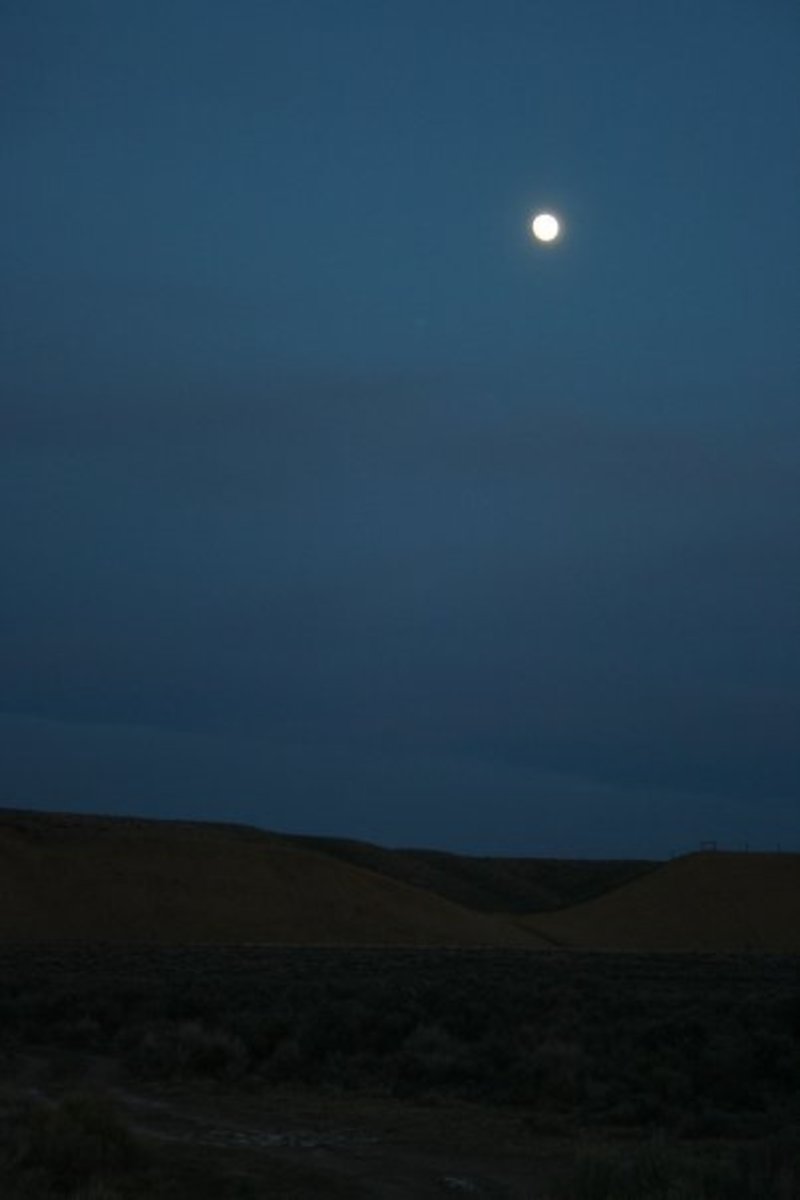Reasons Why You Can't Sleep
Normal Sleep
More and more scientists and psychiatrists are coming to the conclusion that historically, segmented sleep is normal and the modern continuous 8-hour sleep routine is not normal.
Different labels have been created to describe sleep patterns of people who cannot sleep through the night for 7-8 hours straight, for the most part uninterrupted -- insomnia, middle-of-the-night insomnia, and so on. Doctors often prescribe medications to help people who cannot seem to sleep straight through the night for 7-8 hours.
It seems that what has been, and for some people still is, considered insomnia or abnormal sleeping, is actually normal. It seems that what has been, and by some people still is, considered normal sleeping, is not normal. Is that clear as mud? Let me explain.
I'm soooo tired . . .

Until the 19th century, segmented sleep patterns had been “normal” for 18 centuries!
It turns out that until modern times, it was not common for people to sleep straight through the night for 7-8 hours without interruption. In times gone by, it seems that the common, normal sleep pattern was to sleep in 4-hour blocks with a little awake-time in between those 4-hour blocks. This is sometimes referred to as biphasic sleep, which simply means divided into two separate phases or stages.
Virginia Tech University Sleep Historian Roger Ekirch says, “Humans slept in two four-hour blocks, which were separated by a period of wakefulness in the middle of the night lasting an hour or more. During this time some might stay in bed, pray, think about their dreams, or talk with their spouses. Others might get up and do tasks or even visit neighbors before going back to sleep," (Wolchover).
Modern Times Have Changed Our Sleep Routines
A lot of experts believe the change in the way we sleep, and think about sleep, came about when Thomas Edison invented the light bulb and made it possible to have light whenever we want it.
Up until the last two centuries or so, people slept in a biphasic pattern, and had been doing so since the beginning of time. It is only in the last two centuries that people have gotten the idea that sleeping 7-8 hours continuously is the desired ideal and therefore ‘normal.’ Not surprising then, that so many people have trouble sleeping those 7-8 hours straight when for 18 centuries (compared to 2 centuries) people naturally slept in segmented 3-4 hour blocks at a time.
Your Natural Circadian Rhythm May Be Waking You Up
According to Ekirch, people used to discuss their sleep routines by referring to them as “first sleep, second sleep, morning sleep,” and “deep sleep.” In fact, prior to the 19th century, it was common to refer to sleep in this manner even in legal depositions, and the records of this practice still exist (Wolchover).
Ekirch “hypothesizes” that people with especially “strong circadian rhythms,” “as old as humanity itself,” (Ekirch), still revert to the segmented sleep routine,” (wolchover). These people are most likely to complain of insomnia and difficulty getting back to sleep when they frequently wake in the middle of the night.
According to Marshall Brain from Brain Stuff, “In fact, during clinical experiments at the National Institute of Mental Health, human subjects deprived of light at night for weeks at a time exhibited a segmented pattern of sleep closely resembling that related in historical sources (as well as that still exhibited by many wild mammals),” (Brain).
The Human Body Knows What Is Natural and Normal For It
It seems logical to me that people will meet with considerable resistance from the human body, no matter how hard they may try, when they attempt to force a change to a biological pattern that was normal for centuries. I would compare that to trying to force change chickens to behave like tigers. Perhaps it is the determination of people to be what they are not, or behave in a manner they were never intended to, that has created the concept of insomnia when all along the human body has been simply trying to function like normal instead of the way people are trying to force them to function.
Read more about this subject at the URLs I used as references for this hub.
References:
Brain, Marshall. “How are human beings supposed to sleep? What is our natural sleep cycle? How segmented sleep works.” Brainstuff. How Stuff Works. 20 March 2011. n. page. Online. Internet. December 22, 2011. Available http://blogs.howstuffworks.com/2011/03/22/how-are-human-beings-supposed-to-sleep-what-is-our-natural-sleep-cycle-how-segmented-sleep-works/
Ekirch, A. Roger. “Sleep We Have Lost: Commentary.” Department of History, Virginia Polytechnic Institute and State University. 1999 – 2011. n. page. Online. Internet. December 21, 2011. Available http://www.history.vt.edu/Ekirch/sleepcommentary.html
Wolchover, Natalie. “Busting the 8-Hour Sleep Myth: Why You Should Wake Up in the Night.” Life’s Little Mysteries. Real Clear Science. 17 February 2011. n. page. Online Internet. December 25, 2011. http://www.realclearscience.com/2011/02/17/busting_the_8-hour_sleep_myth_239851.html
© 2012 C E Clark






